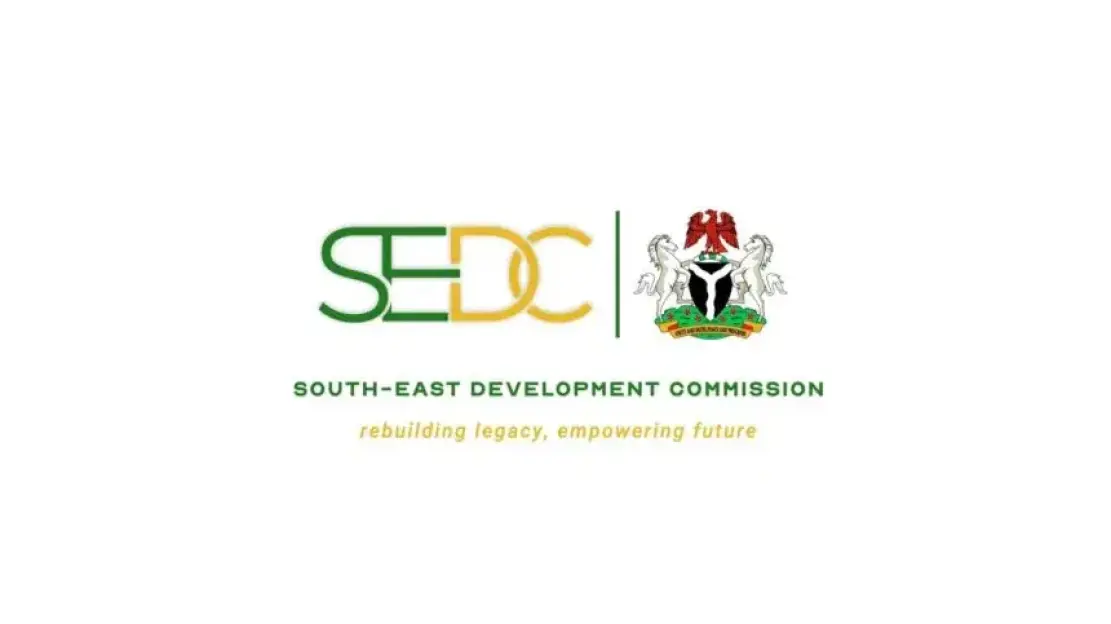As nations grapple with the disruptive effects of artificial intelligence (AI) on journalism, the Nigerian government has established a UNESCO-backed Media and Information Literacy Institute in a bid to address the challenges of misinformation and press freedom in the digital age.
Minister of Information and National Orientation, Mohammed Idris, represented by Dr. Sulaiman Dauda, Director of Press at the Ministry, disclosed this at a World Press Freedom Day event in Abuja on Friday.
The minister revealed that Nigeria has secured the endorsement of seven countries with commitments from 20 others to host a UNESCO Category 2 International Media and Information Literacy Institute at the National Open University of Nigeria (NOUN).
“This institute will serve not just Nigeria, but the global community, empowering citizens to critically engage with media in an age defined by digital disruption,”; Idris noted.
He emphasized that media literacy is now indispensable in countering the spread of fake news, deepfakes, and politically motivated disinformation.
Idris described AI as a “dual-edged force”; in journalism that offers remarkable efficiencies while posing significant threats to press freedom and information integrity.
“AI is revolutionizing newsrooms, enabling faster turnaround times and augmenting investigative capacity. However, this advancement also presents ethical concerns around bias, misinformation, and accountability,”; he said at the event jointly organized by Konrad Adenauer Stiftung (KAS) and the Centre for Journalism Innovation and Development (CJID).
Mr. Akintunde Babatunde, Executive Director of CJID, echoed the urgency of rethinking journalism in the era of AI.
“Artificial intelligence is no longer theoretical it is embedded in every stage of the news process,”; he said. “From generative AI tools that assist journalists or impersonate them, to algorithms that decide what information audiences see, AI is reshaping the very foundation of journalism.”;
Babatunde emphasized that while AI presents opportunities for enhanced storytelling and data analysis, it also carries serious risks.
“At CJID, we acknowledge this brave new world. But we also recognize the dangers: algorithmic bias, job displacement, erosion of editorial independence, and even the use of AI for surveillance and harassment of journalists,”; he warned.
“These challenges are not abstract they are happening now. They impact real newsrooms, real reporters, and ultimately, the health of our democracies.”;
He commended Konrad Adenauer Stiftung (KAS) for its support, noting: “This forum is about solutions. It is about how technologists, journalists, policymakers, and civil society can work collaboratively to ensure AI strengthens, rather than erodes, press freedom.”;
In his goodwill message, Akintunde Rotimi, spokesperson of the House of Representatives, described AI as a powerful but amoral tool, warning that it can “generate grammatically perfect lies”; that jeopardize democracy if left unchecked.
“Technology is a tool, not a conscience,”; Rotimi declared. “We are seeing deepfake videos and fabricated news influencing public opinion, even fueling unrest during elections across Africa.”;







